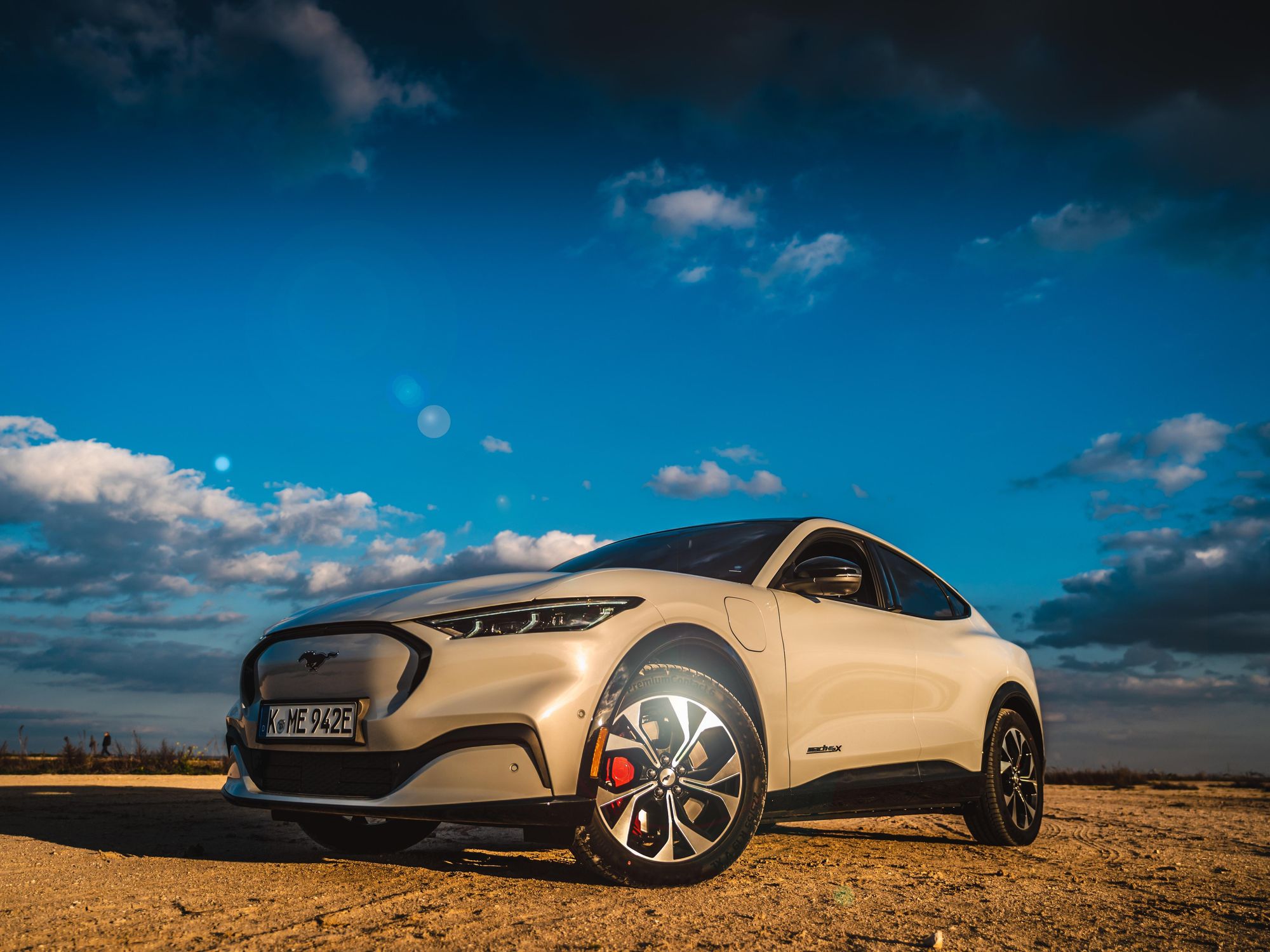Without More Affordable Options, Biden Admin’s 2030 EV Goal Is Running On Empty
David Shultz reports on clean technology and electric vehicles, among other industries, for dot.LA. His writing has appeared in The Atlantic, Outside, Nautilus and many other publications.

You probably don’t need a team of scientists to tell you that electric vehicles are expensive. A simple look at the sticker prices should do the trick: The average price of an EV in the United States in 2021 was “close to $60,000, before rebates and incentives, according to Kelley Blue Book. Compare that to just $42,380 for the average new car. And while there are several more affordable options on the road, the purchase price of electric options remains a barrier to decarbonizing the transportation sector in America… and scientists are here to study it.
In a new publication in "Frontiers in Environmental Science," researchers analyzed the current prices of EVs in the United States and tried to predict if the United States could meet its ambitious goal of 50% plug-in vehicle adoption by 2030.
In short, the team finds the goal feasible, but unlikely without drastic changes to the EV market. The main point: EVs need to get cheaper. The study cataloged 108 different plug-in electric vehicles that have been offered in the United States over the last decade and found that only 17 of them were affordable—affordable being defined as less than $45,000 before incentives and rebates. Of those 17 options, eight were no longer on sale in the country. And out of all the affordable EVs with at least four years on the market, not a single one sold more than 30,000 units.
John D. Graham, a professor of risk and policy analysis at Indiana University and the study’s first author, says that while it’s mathematically possible to hit the U.S.’s 50% goal without cracking into the affordable market, it’s wildly unrealistic: To do so you’d need to convert basically every single new luxury car sale to electric starting today.
“The notion that we're going to turn around and make all these pickup trucks and all these large SUVs electric by 2030, given lead times in the auto industry, is pretty implausible,” says Graham. “So what that tells us is that we have to accompany the penetration in the premium and luxury market with some penetration in the affordable market.”
This isn’t an impossible task. Both China and the European Union have seen significant growth in the affordable EV sector and have a larger total percentage of their vehicles running on batteries as a result. The trouble is, most of the affordable EVs in these markets fall into the compact, subcompact or micro categories, which simply do not sell in the U.S., regardless of whether they produce tailpipe emissions or not. Many of the small, affordable EVs that have failed in the United States have gone on to do well in European markets.
Graham says that short of mimicking the E.U. and raising gas prices to $8/gallon for a sustained period of time, there’s probably no way to push Americans back towards smaller cars. For better or for worse, roads in this country are mostly wide and standardized; things are further apart and density is often low in rural areas; there’s rarely a need for extreme maneuverability in tight spaces; and everyone else is already driving a tank, which means not driving one reduces your visibility and safety.
However the study also shows that affordable electric midsize crossovers and SUVs have had success in European markets. Which bodes well for EV adoption here in the U.S. Unlike the compacts, these are two of the most popular market segments in this country and could be ideal targets for affordable EV offerings. There are several such vehicles in the pipeline–particularly the Ford Mustang Mach-E and the Volkswagen ID.4–that may begin to gain traction if America shares even just a few of Europe’s buying habits.
Of course, this entire saga is playing out against the backdrop of the EV purchasing rebates included in the newly-minted Inflation Reduction Act. I’ve written about this extensively about how it’s too soon to understand the full consequences of the legislation. Currently, there are too many variables, especially surrounding supply chain, lithium mining and the potential of next-generation battery tech, to make a realistic assessment. The new study agrees that things are still up in the air.
On one hand, Graham applauds setting income caps on buyers to avoid the appearance that the government is subsidizing $86,000 Porche Taycan purchases for the wealthy. But on the other hand, he says, since the act mandates that EV parts and manufacturing come from North America, it will likely reduce how many vehicles apply for the cash back and further slow adoption. Adding that if the government really wanted to make EVs more accessible to average citizens, they should have set price caps for which vehicles apply closer to $45,000 rather than the $55,000 for cars and the $80,000 cap for trucks and SUVs that the act establishes.
David Shultz reports on clean technology and electric vehicles, among other industries, for dot.LA. His writing has appeared in The Atlantic, Outside, Nautilus and many other publications.





 Image Source: Skyryse
Image Source: Skyryse